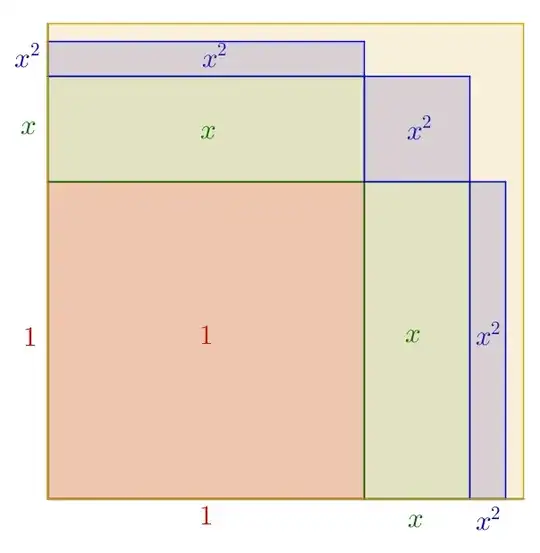The question is to compute: $$(1+\cos A)+2(1+\cos A)^2 + 3(1+\cos A)^3+\ldots = \sum_{k=1}^{\infty}k(1+\cos A)^k.$$
I tried by setting $1+\cos A=y$, then the serie becomes
$$y+2y^2+3y^3+\ldots = \sum_{k=1}^{\infty}ky^k$$
It's not a geometric progression as the coefficients are not in the series.
How can I go further?
Hints are welcome.
